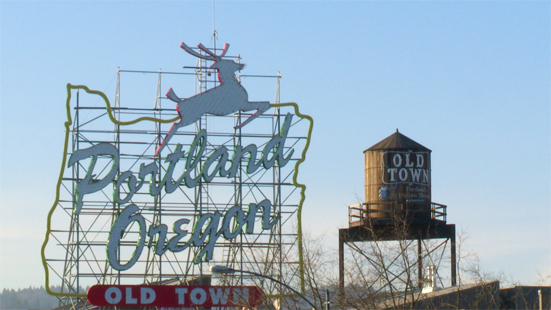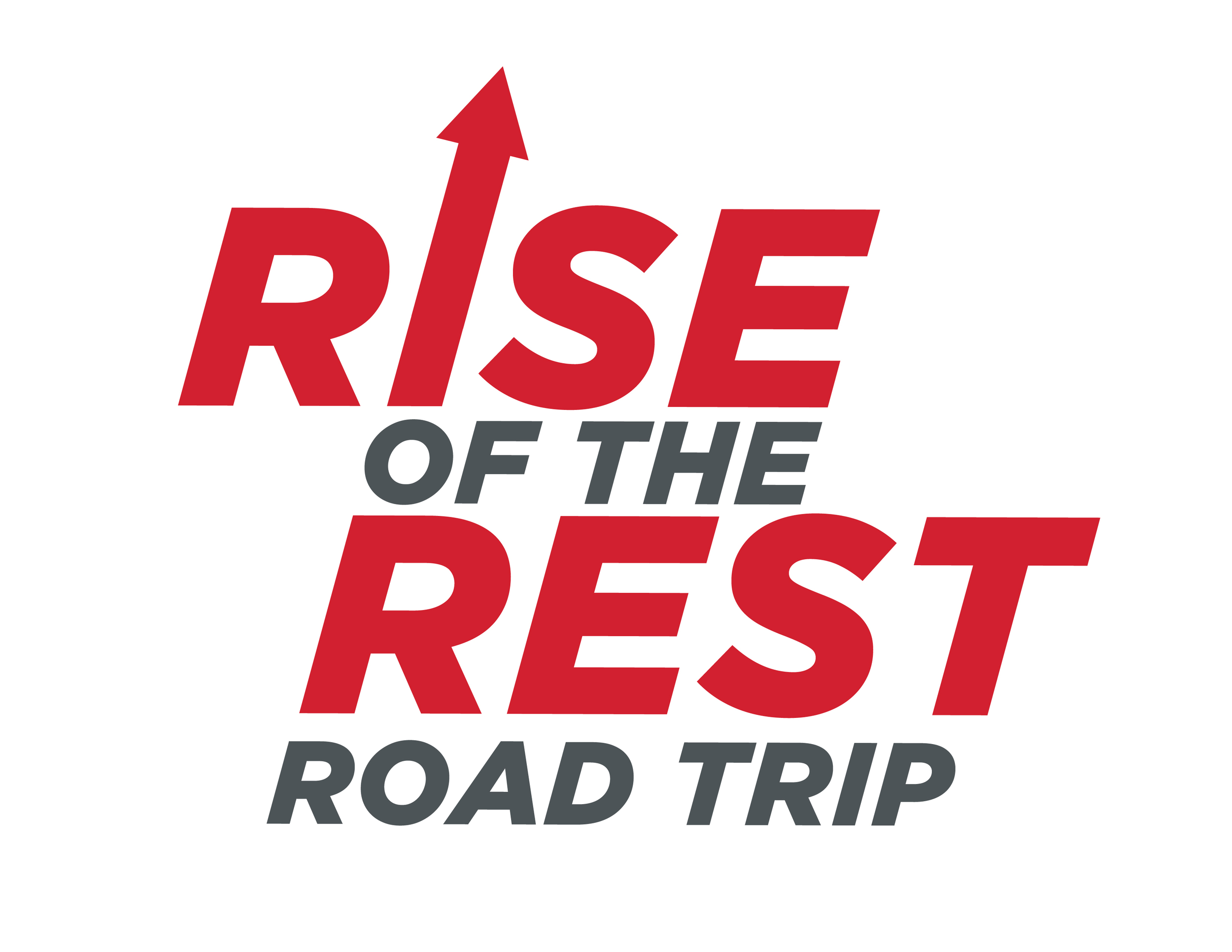Cincinnati is going through a renaissance in the traditional sense of the word. Leveraging longstanding expertise in brand development, and belief in the power of consumer products and local manufacturing, this accessible city is embracing its artistic roots and rebuilding neighborhoods.
With Proctor and Gamble headquartered in Cincinnati, the city has long been the capital of consumer branding. Now, P&G is deeply involved with the next generation of great consumer products via grants to startup incubator Centrifuse, and mentorship responsibilities for a host of other businesses. Between big businesses getting involved, and the world-class industrial design program at the University of Cincinnati, this truly American city is poised to take full part in the next wave of economic growth through serious innovation.
We started the day in the old brewery district visiting Roadtrippers - one of a few great success stories here. Having grown from 20 people to 140, the company (founded by an Englishman on a green card!) now occupies an entire building. But right down the road, there are still boarded-up homes and old warehouses -- fertile ground for community art projects, but also room for improvement!
Next we moved on to the infamous Over-the-Rhine district to visit The Brandery -- a successful incubator focused on -- you guessed it -- building great brands! As the story goes, the first time the Brandery founders came to tour the space, they took a bullet in their window. Here in Cincinnati, like Pittsburgh, deprived and dangerous neighborhoods are being reclaimed for widespread benefit. Jobs are being created, community services and social areas are being built, and the area is becoming more populated.
People (like Roadtrippers founder) moved to Cincinnati specifically to join the Brandery. In fact, half of the room at the Brandery fireside was made up of Cincinnati transplants. In addition to new faces, more people are staying who might have left a few years ago, and more people are moving back to be a part of what’s going on. All of this is just another testament to the power of entrepreneurship to revitalize the landscapes of our cities and bring jobs back to the rest of the country.

























